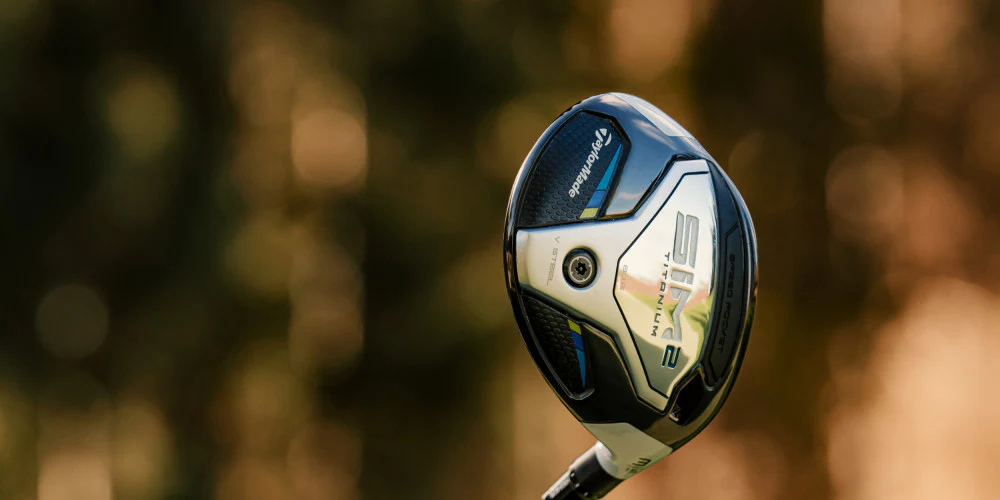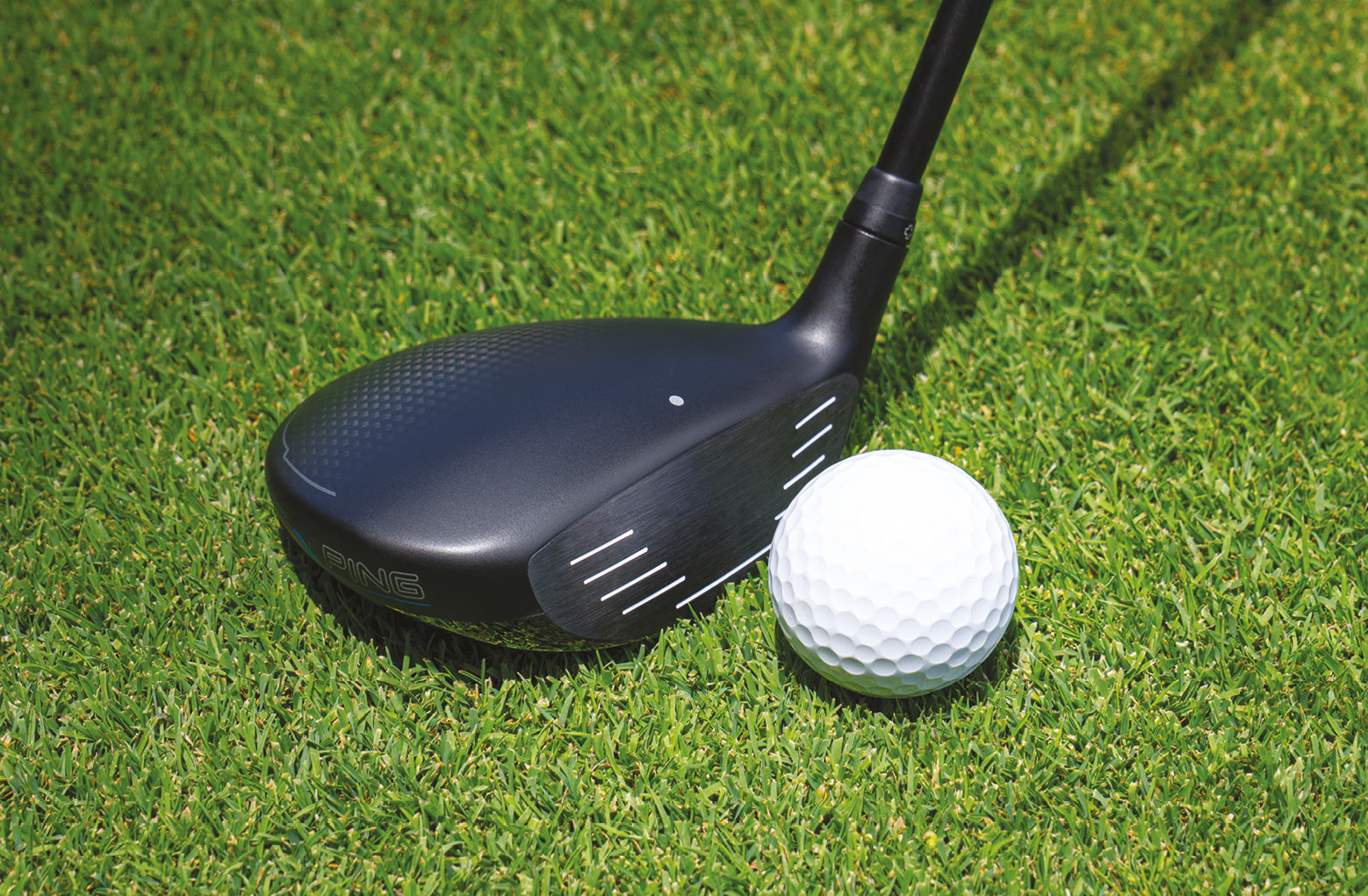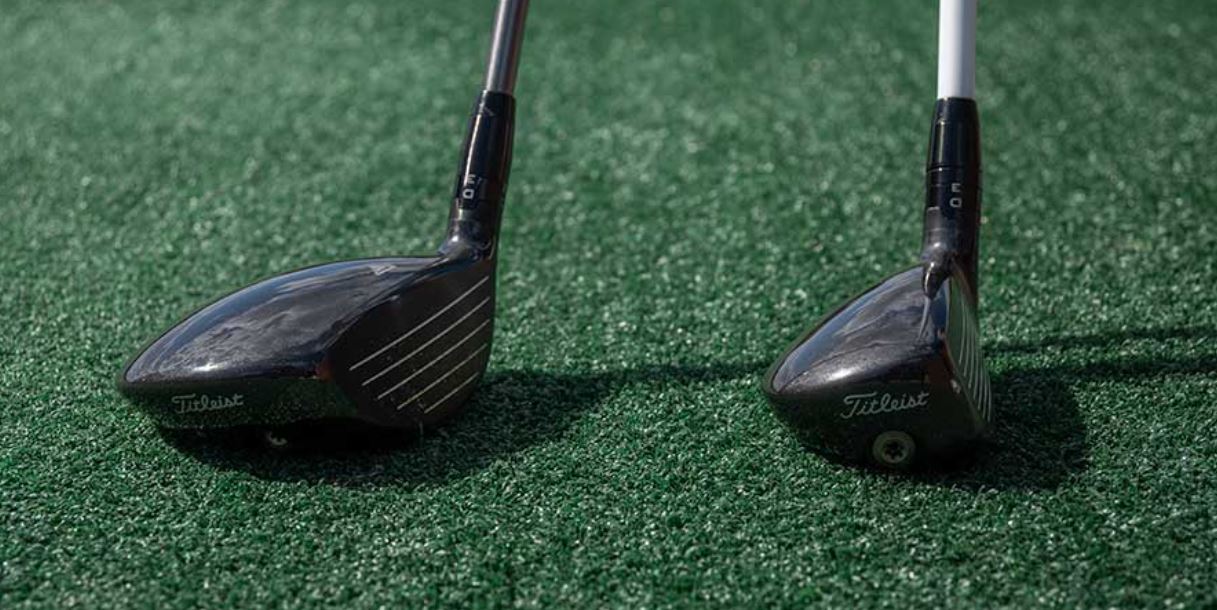|
Getting your Trinity Audio player ready...
|
Golfers love fairway woods for their versatility, but when it comes down to choosing between a 4 wood and a 5 wood, the decision isn’t always obvious. Both clubs fill a similar role in the bag, yet they deliver different benefits in terms of distance, trajectory, and forgiveness.
In this guide, we’ll break down the real-world differences between a 4 wood vs 5 wood so you can decide which deserves a spot in your bag.
What Is the Main Difference Between a 4 Wood and a 5 Wood?
The difference is simple: loft and shaft length.
-
4 Wood: Usually 16–17° loft with a slightly longer shaft.
-
5 Wood: Usually 18–19° loft, making it easier to launch higher.
That small change in loft translates into different distances, shot shapes, and levels of forgiveness.
Distance: How Far Does a 4 Wood Go vs a 5 Wood?
-
4 Wood: 215–230 yards on average (mid-handicap golfers).
-
5 Wood: 200–215 yards on average.
👉 For golfers with slower swing speeds, the distance gap might shrink, but faster swingers will notice the 4 wood consistently carries farther.
If you want more yardage off the tee or into par 5s, the 4 wood is your weapon. If you want a consistent, easy-to-launch fairway finder, the 5 wood wins.
Loft and Ball Flight
Loft is more than just a number — it affects ball flight and stopping power.
-
4 Wood: Lower flight, more roll, ideal for windy days or when you want extra rollout.
-
5 Wood: Higher launch, lands softer, great for holding greens.
Think of the 4 wood as a penetrating shot maker and the 5 wood as a high-launch control club.
Forgiveness and Playability
When it comes to forgiveness, the 5 wood takes the crown.
-
The higher loft means the clubface is more forgiving on mishits.
-
It’s easier to get airborne from tight lies, rough, or fairway bunkers.
The 4 wood isn’t unforgiving — it’s just less “plug and play.” Stronger players who already control their launch angle will find it plenty reliable.
Who Should Play a 4 Wood?
Choose a 4 Wood if:
-
You want to replace your 3 wood with something easier but still long.
-
You have a higher swing speed and don’t need help launching the ball.
-
You like a lower, penetrating flight with more rollout.
Who Should Play a 5 Wood?
Choose a 5 Wood if:
-
You’re a beginner or mid-handicapper who needs forgiveness.
-
You want a club that launches high and lands soft on greens.
-
You struggle with long irons or hybrids.
Comparison Table – 4 Wood vs 5 Wood
| Feature | 4 Wood | 5 Wood |
|---|---|---|
| Loft | 16–17° | 18–19° |
| Average Yardage | 215–230 yds | 200–215 yds |
| Launch | Lower | Higher |
| Rollout | More | Less |
| Forgiveness | Moderate | Higher |
| Best For | Stronger players, 3W replacement | Beginners, mid-handicappers |
Recommended Fairway Woods for 2025
Best 4 Woods:
-
TaylorMade Qi10 4 Wood – explosive distance, great off the tee.
-
Callaway Paradym Ai Smoke 4 Wood – forgiveness + strong ball flight.
Best 5 Woods:
-
Ping G430 Max 5 Wood – ultra-forgiving, great for mid-handicappers.
-
Titleist TSR2 5 Wood – premium feel, high launch, excellent control.
FAQs
Can I carry both a 4 wood and a 5 wood?
Yes, but you’ll need to adjust your set makeup. Most golfers pick one to avoid overlapping distances.
Is a 4 wood harder to hit than a 5 wood?
Slightly — the lower loft makes it tougher to launch, but not dramatically harder.
Should high handicappers use a 4 wood?
Not usually. A 5 wood is almost always the better choice until consistency improves.
Final Thoughts – 4 Wood vs 5 Wood
The 4 wood is for players who want distance and a strong flight, while the 5 wood is better for those who need easy launch and forgiveness.
👉 Bottom line:
-
Low handicap / strong swinger? Go with the 4 wood.
-
Beginner or mid-handicapper? Stick with the 5 wood.
Test both if you can, but now you know the clear differences between a 4 wood vs 5 wood.







